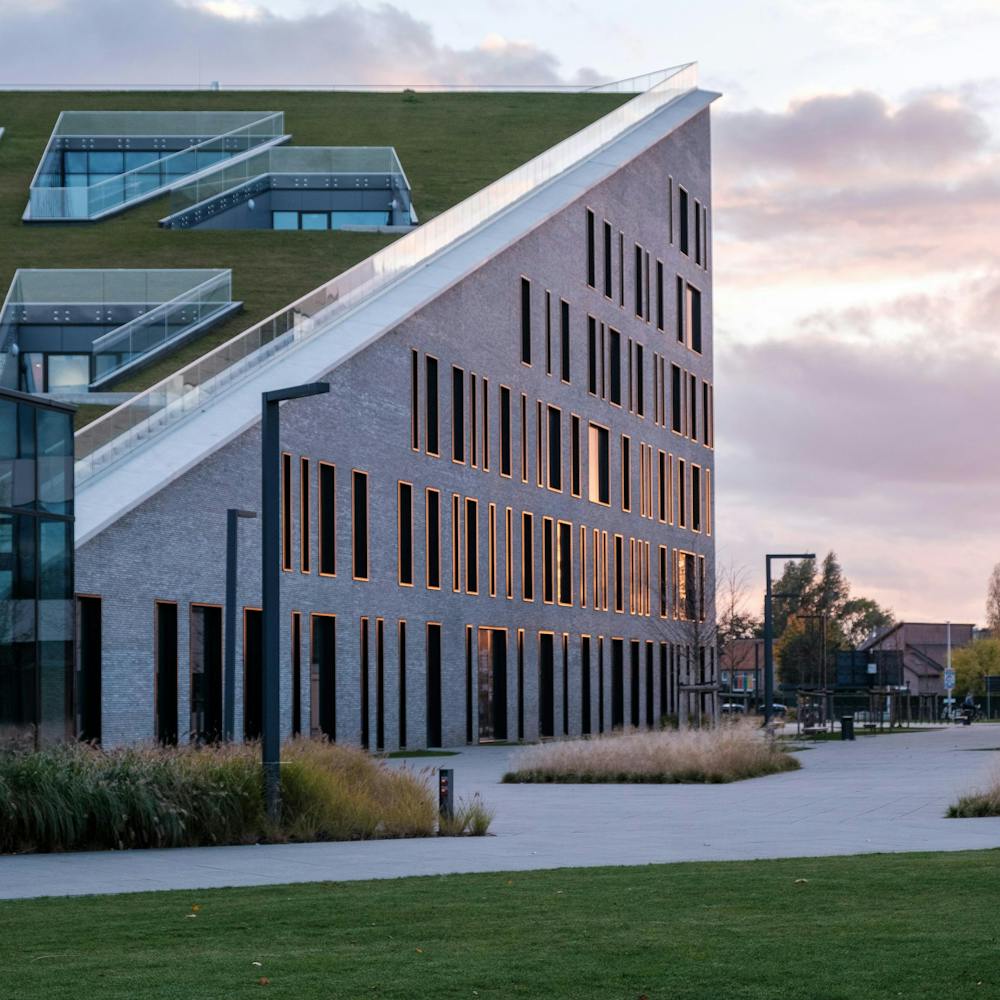The 179D Deduction
Unlock Tax Savings for Energy-Efficient Buildings
Claim valuable deductions under §179D for qualifying energy-efficient upgrades in commercial and public buildings whether you're an owner or a building designer

What is the 179D deduction?
The 179D deduction is a way to reduce a company’s taxable income by building, renovating, or designing commercial buildings with energy efficiency that exceeds established energy usage criteria.
The deduction gets it name from sitting under Section 179D of the tax code. 179D allows taxpayers that built or renovate energy efficient commercial buildings to accelerate depreciation, recouping investment faster. The section also provides that designers of energy efficient commercial buildings may be allocated a deduction for work done for a non-tax paying entity, like state and local governments or tax-exempt organizations.
How much is the benefit?
2022 or earlier
Up to $1.88 per sq. ft.
2023 and forward*
Up to $5.81 per sq. ft.
Pricing
We charge a low price per square foot for each building in our analysis. Our pricing reflects the individual needs of our clients, while ensuring them maximum return on their investment. Unlike other pricing models which incentivize aggressive tax positions, our fees are transparent, less expensive, and IRS friendly.
Pricing Features | Fixed Fee | % of Deduction | 1st Avenue Price per Sq. Ft |
|---|---|---|---|
| Provides Certain Cost | |||
| Incentivizes Accurate Work | |||
| Less Expensive | |||
| Avoids IRS Fee Scrutiny |
Ready to Maximize Your Tax Savings?
Our team of experienced accountants can help you identify opportunities and implement strategies to reduce your tax burden while ensuring compliance
Frequently Asked Questions
Who can claim the 179D deduction?
Either the owner or the designer of a commercial building can claim the deduction. If the building owner pays federal income tax, it may deduct its own 179D deduction. If the building owner is a federal, state, or local government, or is a tax exempt entity, the building owner may allocate the deduction to designer of the building or its systems.
How did the Big Beautiful Bill affect 179D?
The One Big Beautiful Bill Act sunsets the availability of 179D deductions for any construction that starts after June 30, 2026. Building owners should keep this date in mind when planning the timing of near-term capital improvements since 179D often provides a sizeable benefit.
What if I didn't pay Prevailing Wage?
You still qualify for a 179D deduction. The Inflation Reduction Act included incentives to increase the 179D deduction benefit for building owners who: 1) paid prevailing wages to construct or renovate the building; and 2) employed a set minimum number of apprentices during the construction.
How do I know if my building is energy efficient enough?
We do the energy modeling for you to determine the level of energy efficiency as part of our standard consulting process.
Does it have to be new construction?
No. Renovations and additions to buildings qualify for the 179D Deduction as well.
